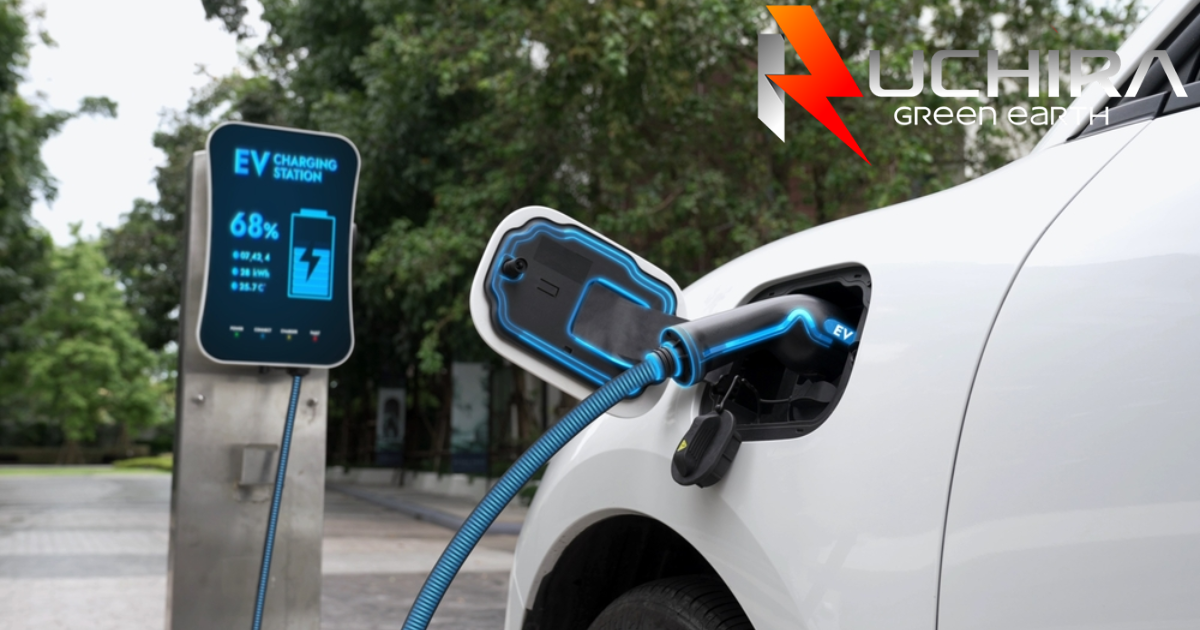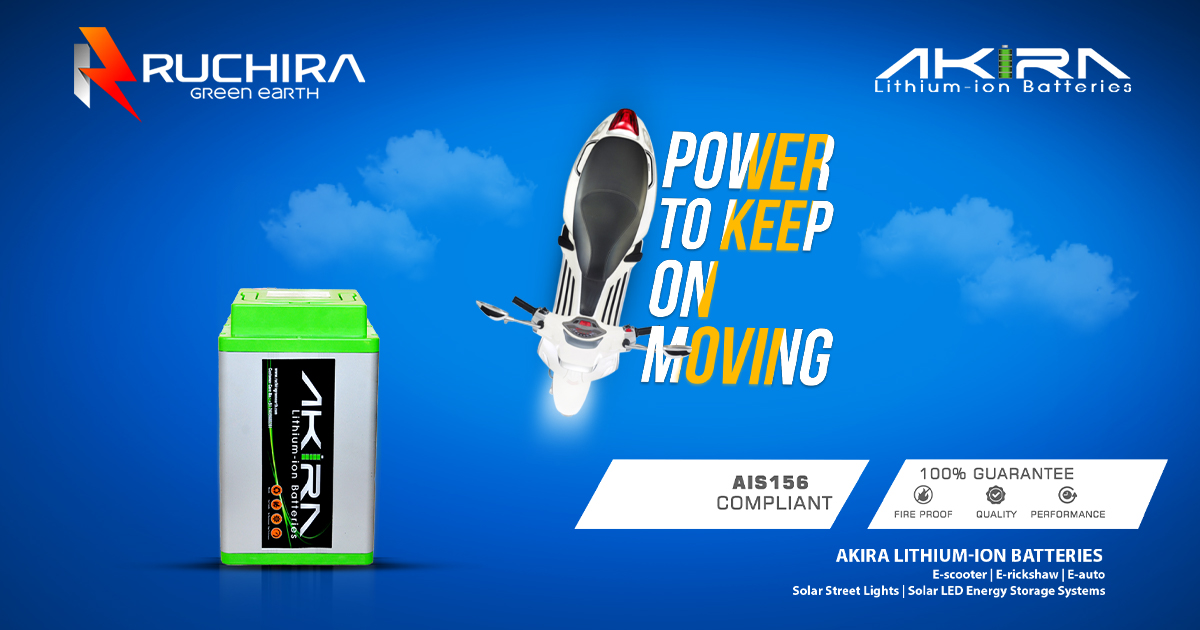Picture this: You step outside on a crisp morning, the air is fresh, and you take a deep breath. Imagine if this could be the daily reality in cities worldwide. Thanks to the rise of electric vehicles (EVs), this vision is becoming increasingly attainable. At the heart of this transformation are EV batteries, the powerhouse behind cleaner urban air. Let’s dive into how these batteries are making a significant impact on air quality and contributing to the health of our cities.
The Pollution Problem
Traditional vehicles, powered by internal combustion engines, are major contributors to urban air pollution. They emit harmful pollutants like nitrogen oxides (NOx) and particulate matter (PM), leading to respiratory problems, cardiovascular diseases, and premature death. Cities with high traffic density often face severe air quality issues, resulting in smog and health warnings.
Enter Electric Vehicles
Electric vehicles produce zero tailpipe emissions. By replacing gas-guzzling cars with EVs, cities can drastically reduce the amount of harmful pollutants released into the air. The key to this transformation lies in the EV batteries, which store the energy needed to power these vehicles.
How EV Batteries Help
1. Zero Tailpipe Emissions
The most direct benefit of EVs is the elimination of tailpipe emissions. Unlike gasoline or diesel vehicles, EVs don’t emit NOx, PM, or volatile organic compounds (VOCs). This means that the more EVs on the road, the less pollution we breathe in our daily commutes.
2. Reduced Greenhouse Gas Emissions
While EVs require electricity to charge, studies show that even when powered by the current electricity grid mix, EVs produce significantly lower greenhouse gas emissions over their lifecycle compared to conventional vehicles. As the grid becomes greener with more renewable energy sources, the environmental benefits of EVs will continue to grow.
3. Support for Renewable Energy
EV batteries are not just consumers of electricity; they can also support renewable energy integration. With smart charging technologies, EVs can charge during times of excess renewable energy production, like during the day when solar power is abundant. This helps balance the grid and makes renewable energy more viable.
Real-World Impact
Case Study: Oslo, Norway
Oslo is a shining example of how EV adoption can transform a city’s air quality. The city has one of the highest EV adoption rates in the world, and the results are clear. Studies show a significant reduction in NOx levels in Oslo, directly linked to the increase in EVs on the road. Residents enjoy cleaner air and a healthier environment, proving that widespread EV adoption is a viable solution to urban air pollution.
The Future of Urban Air Quality
As technology advances, the potential for EV batteries to contribute to cleaner air in cities will only increase. Battery technologies are improving, becoming more efficient, and reducing the environmental impact of their production and disposal. With ongoing research and development, future EV batteries will likely be even more environmentally friendly, enhancing their positive impact on urban air quality.
In Summary, Electric vehicles are not just a trend; they are a crucial component of the solution to urban air pollution. By adopting EVs, we can make our cities cleaner, healthier places to live. The EV batteries at the heart of this revolution provide the power needed to eliminate tailpipe emissions, support renewable energy, and reduce greenhouse gas emissions.
For a greener and cleaner tomorrow, choose Akira lithium-ion Batteries. Engineered for maximum efficiency and environmental friendliness, Akira lithium-ion batteries for three wheelers and two wheelers are empowering the future of electric mobility. Visit our website today to discover why Akira is the leading choice for eco-conscious drivers worldwide.




